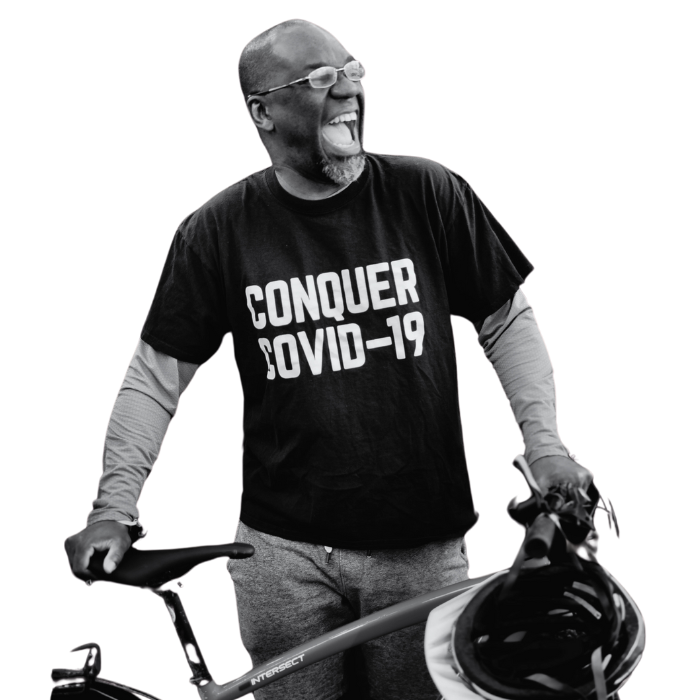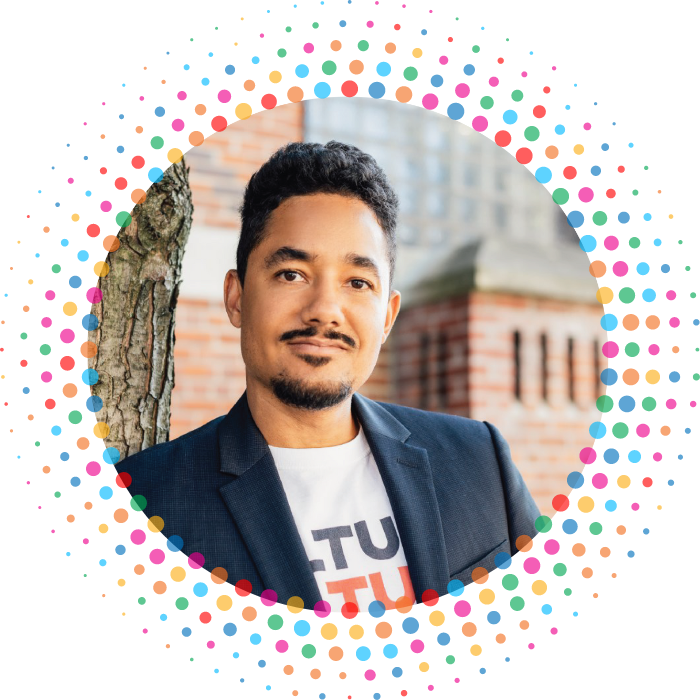Urbanists-in-Residence are prominent influencers practicing in civil society, the arts, business, media or the public service. They are committed to community engagement and have a clear project focus aligned with the School of Cities.
Urbanists-in-Residence can be nominated by a current member of the School of Cities community and nominations are reviewed by an Appointments Committee. They have the opportunity to contribute to the School of Cities community in the following ways:
- Propose and lead programs, exhibitions, interventions, events and activities;
- Sit on the School of Cities External Advisory Board;
- Contribute to the publications and knowledge products of the School of Cities;
- Work, meet and host on University of Toronto campus;
- Attend events, roundtables, seminars, and symposia organized by the School of Cities;
- Serve as a spokesperson for media and public speaking opportunities;
- Provide mentorship to junior faculty, students and Early Career Urban Leaders;
- Engage with students, staff, and faculty and receive support for research, capacity-building, outreach, event coordination and communications.

*Newly announced!*
Lanrick Bennett Jr.
Executive Director of Charlie’s FreeWheels

*Newly announced!*
Nation Cheong
Vice President of Community Impact and Mobilization
The co-Founders of Monumental, Zahra Ebrahim and Kofi Hope, remain on board as continuing Urbanists-in-Residence.

Zahra Ebrahim is a public interest designer, a strategist and an established bridge-builder across grassroots and institutional spaces. Before founding Monumental with Kofi Hope, Zahra built and led Doblin Canada, Deloitte’s Human Centred-Design practice, focusing on engaging diverse stakeholders to use design-led approaches to address complex organizational and industry challenges. Zahra led one of Canada’s first social design studios in her early career, working with communities to co-design toward better social outcomes, leading some of Canada’s most ambitious participatory infrastructure and policy programs. Zahra has taught at OCADU, MoMA, and is currently an Adjunct Professor at the University of Toronto. She is the Vice-Chair of the Canadian Urban Institute and the Board Chair for Park People. She has been recognized as a Next City’s Vanguard, Ascend Canada’s Mentor of the Year, one of “Tomorrow’s Titans” in Toronto Life, and one of WXN’s Top 100 Women in Canadian Business.
Kofi Hope is a Rhodes Scholar and has a Doctorate in Politics from Oxford University. He writes a monthly opinion column for the Toronto Star newspaper and is an emeritus Bousfield Scholar and adjunct professor at U of T’s School of Geography and Planning. He serves as a Senior Fellow at the Wellesley Institute and is a board member at the Atkinson Foundation. In 2017 he was the winner of the Jane Jacobs Prize and, in 2018 a Rising Star on Toronto Life’s Power List. Kofi was the co-founder and former Executive Director of the CEE Centre for Young Black Professionals. In 2005 he established the Black Youth Coalition Against Violence, advocating for real solutions to gun violence and being named one of the Top 10 People to Watch in Toronto in 2006 by the Toronto Star.


Monumental is committed to building more fair and just cities where social power is increasingly redistributed among local communities and neighbourhoods. They’re working towards this goal that resonates with the School of Cities’ strategic priorities through research, public engagement, policy development and civic education to craft pragmatic solutions for critical urban issues. They believe that design, leveraged responsibly, has the potential to create significant and lasting change across sectors only when it is done together with those most affected by its outcomes. They leverage the most impactful components of human-centred design, co-design, and community action research to transform services, policies, and infrastructure. They resist siloed work that focuses on short-term outcomes. They are passionate about spearheading bold, change-making initiatives that are collaborative in their design, flexible and responsive in their implementation, and grounded in equitable and sustainable relationships.


